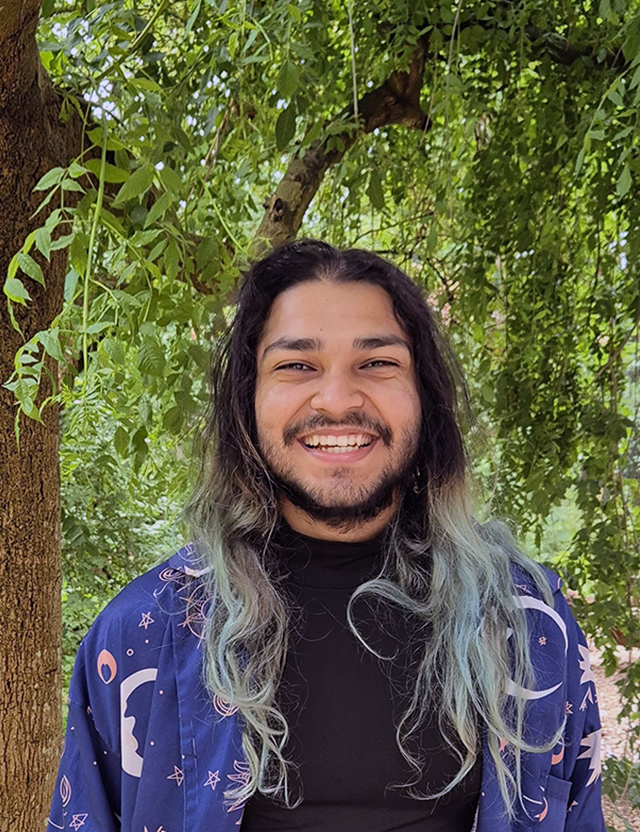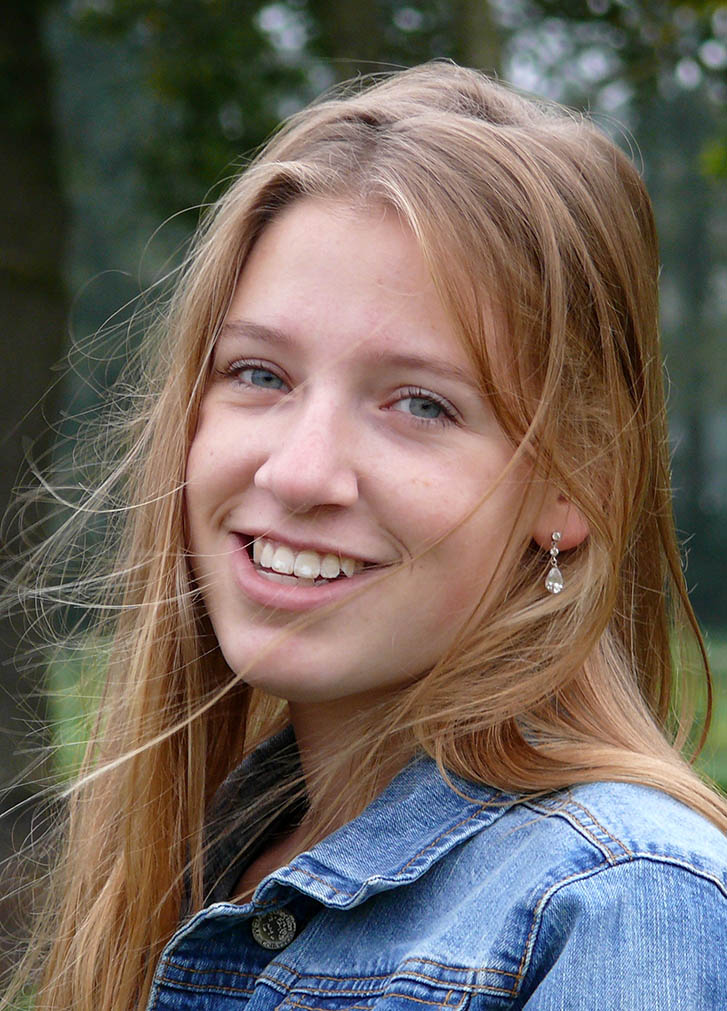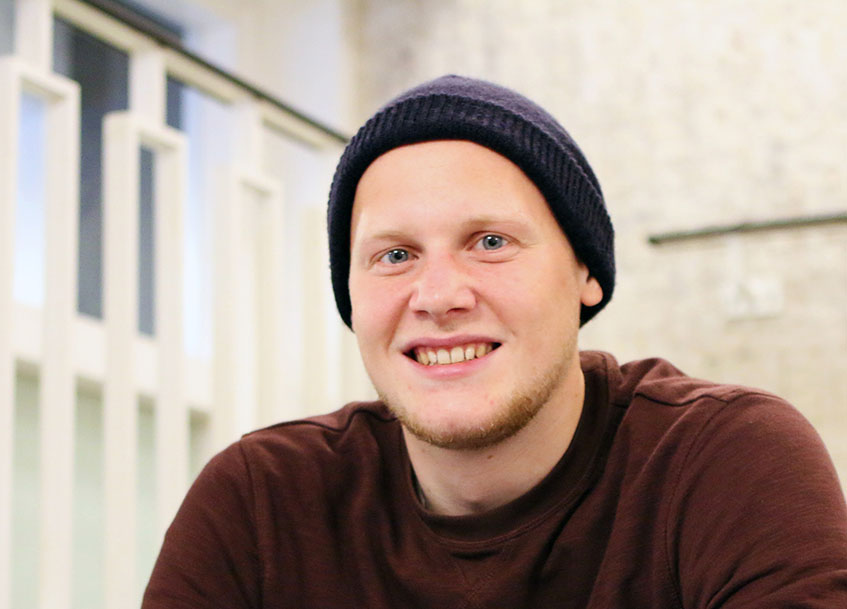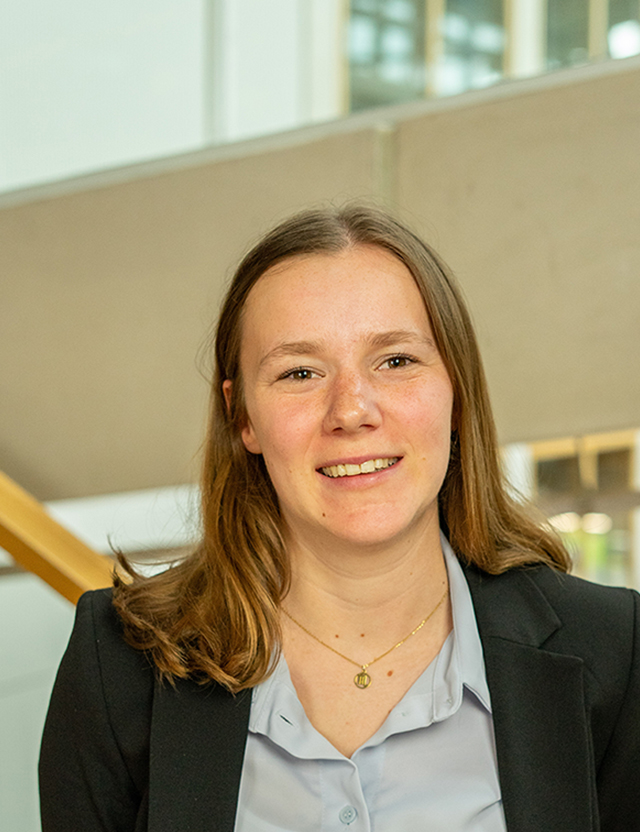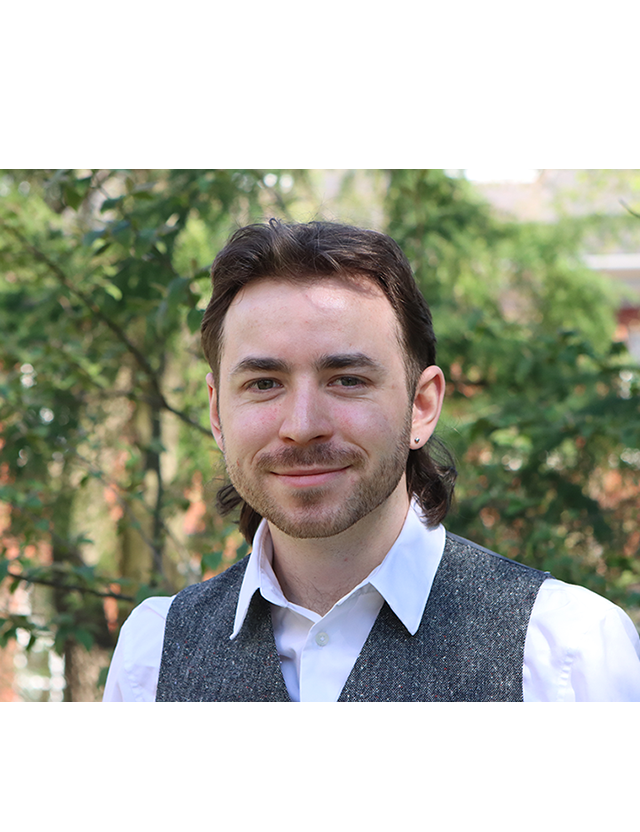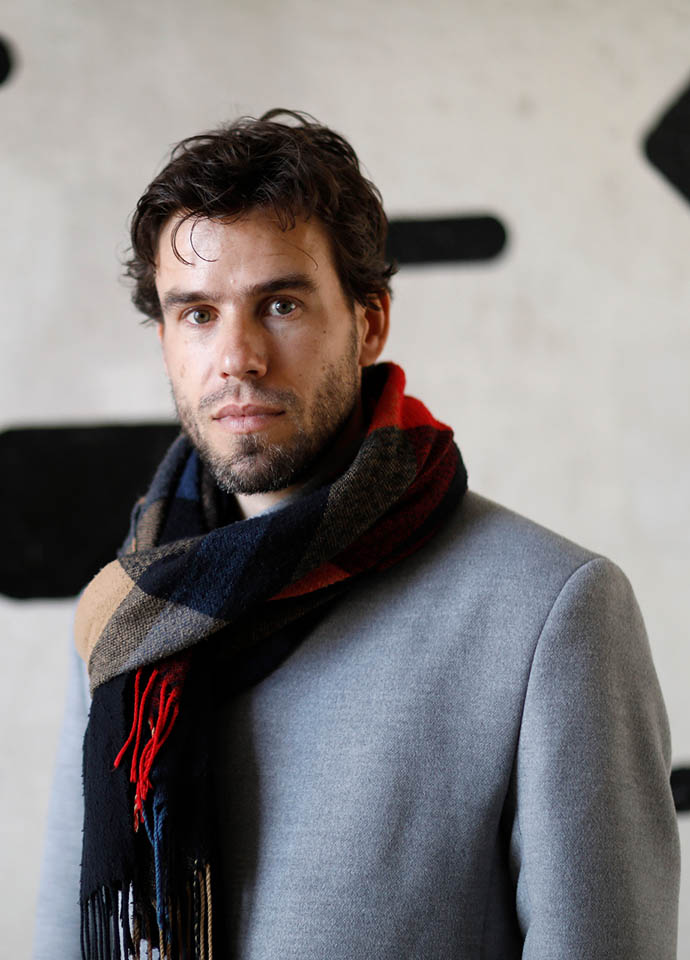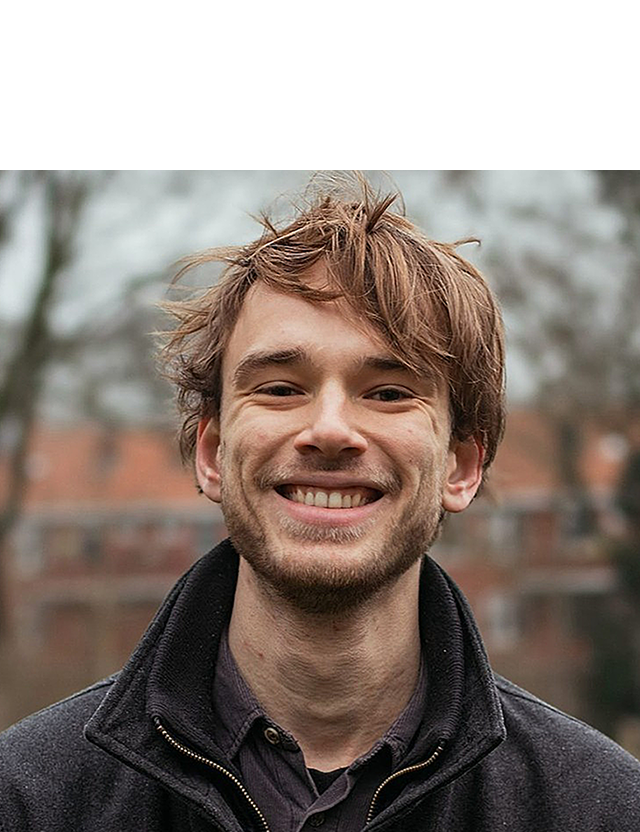
Alumnus Sybolt Friso, PhD candidate at Utrecht University
All in all, the programme offered a nice balance: the 'fixed' parts exposed me to a wide array of topics, approaches, and research traditions, and the 'flexible' parts subsequently allowed me to focus on the parts of the programme that I liked the most.
I’m Sybolt Friso, I’m 27 years old. I have a BA and a research master (MA) in philosophy and am now a PhD candidate at Utrecht University.
As for my non-academic life: I’m an avid music lover and have played drums in all sorts of bands and musical projects. Currently, I’m mostly active with my band Vanity Box, also from Groningen.
Choosing the Master Ethics in EducationWhile finishing my research master’s during the isolating routines of the pandemic, I stumbled upon the Ethics of Education programme by coincidence... After a brief conversation with Anouk Zuurmond, who coordinated the track at the time and would later supervise my master’s thesis, I quickly signed up — and haven’t looked back since.
A diverse and personalised programmeI primarily value the diversity of the programme, coupled with the opportunity to pursue your aspirations. This applies to choosing your topic of interest for the research report in Domain-specific skills, picking a monograph to read for your essay in Expertise, education and psychological practice, and picking your essay topic in Education for a better world. And like a good master’s programme should, EoE allows you to cultivate more general ‘professional skills’: like working autonomously, managing your own project, and handling both freedom and setbacks.
All in all, the programme offered a well-rounded balance: the ‘fixed’ parts exposed me to a wide array of topics, approaches, and research traditions, while the ‘flexible’ parts subsequently allowed me to focus on elements of the programme that resonated most with me.
Courses that shaped my perspectiveThe course on citizenship education has further cultivated my interest in philosophy of education and the work of Biesta, so that was quite helpful. I’m also grateful for Qualitative Research Methods, as it helped me develop the proper mindset for qualitative research (e.g. through concepts like ‘reflexivity’), and helped me gain specific research skills, like doing interview studies.
Practicing these research skills during my internship — an investigation on citizenship education at SLO — was very helpful. In retrospect, my internship experience aligned quite well with what I do now.
The philosophical dimension of In the best interest of the child was great as well. It presented a great opportunity to study an everyday concept (like ‘children’) with the rigor and critical mindset of a philosophical approach. I believe any educational researcher should practice this at some point: it makes one realize that the world is more complex, nuanced, and up for interpretation than we sometimes like to think. That is a crucial insight for educational researchers and practitioners, who often directly work with people and the rich complexities (or ‘grey areas’) of their daily lives and actions.
From coursework to PhDThe PhD position was posted while I was finishing my master’s thesis, and its topic aligned perfectly with my thesis research. In that sense, my thesis was perfect preparation for this position, and the timing was fortunate. For my PhD project, I study the pedagogical (or educational-philosophical) notion of ‘subjectification’. Subjectification in Gert Biesta’s conception of good education means encouraging students to live as autonomous ‘selves’ in dialogue with the world, and the ‘others’ they encounter in that world.
In my research, I translate Biesta’s notion to the everyday practice of teaching, and apply it to teachers: what does it mean for a teacher to be a ‘self’, and how does that self relate to students? I study this from a philosophical (conceptual) angle, but also through several qualitative studies, like conversation analysis and interview studies. I really enjoy doing research autonomously, and the flexibility it offers: I have a lot of control over my daily work and make my own ‘executive decisions’ on short and long-term plans.
Looking ahead: future ambitionsAfter my PhD, I’d like to stay in academia, although the current political climate may make that difficult. I fear that the impending ruthless and visionless budget cuts will severely impact academia, and possibly my own and other’s careers.
At the same time, I’m convinced that educational research will always have its place in society in some shape or form. My research mainly applies to teachers and their (normative) professionalization, so I am open to working in that field – within or outside of the walls of academia.
My advice for studentsTake the time to think about who you are, what you value, and what you want to gain from this programme. There is much to do, and a lot to decide yourself (like your internship or thesis topic), and the year flies by, so plan your activities carefully. However, on the flip side: stay open to coincidence, last-minute changes, and opportunities (or requirements) to act intuitively in new circumstances. I don’t necessarily believe that everything happens for a reason, but I do think that the best things sometimes happen when you stay open to life’s unexpected opportunities.
lees verder ...


